Translation prize boosts Sino-French cultural bond
By Li Wenrui | chinadaily.com.cn | Updated: 2018-10-31 14:51
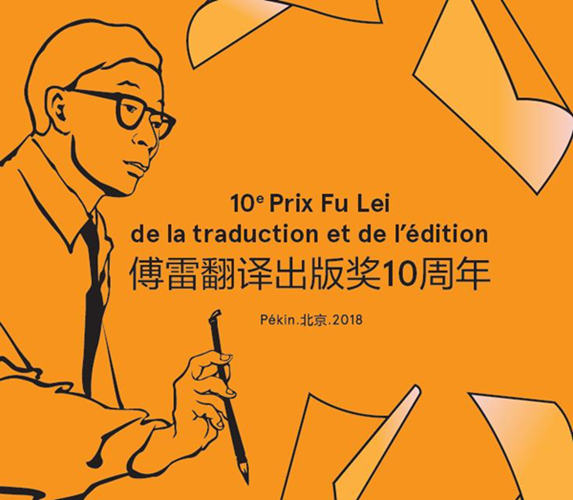
The 2018 Prix Fu Lei (the Fu Lei Prize) for translation and publication announced its 10 finalists this Tuesday. After a decade of effort, the prize has grown into a much more influential honor enhancing Chinese-French literary exchanges and cultural communication.
The shortlist, consisting of five fictional works and five in the social sciences, was selected from 46 translated books. A panel of 11 judges will decide the final winners on Nov 24, one from each category.
"I was amazed by the wide range of books submitted to the panel," Guillaume Olive, a French writer on the jury for the prize, said. "They cover history, culture, social science and philosophy.
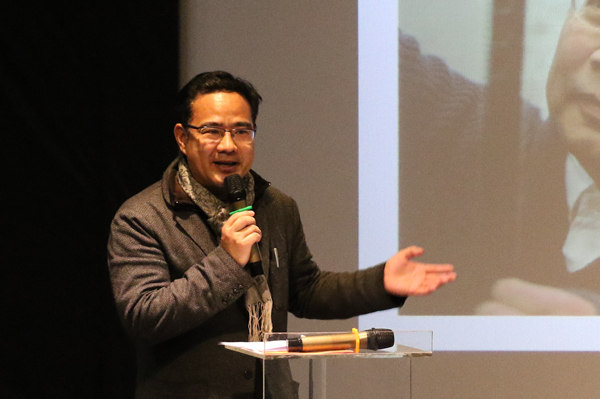
"The Fu Lei Prize has roots in the friendship between China and France, which is so unique that we haven't found any award like it," said Dong Qiang, chairman of the Fu Lei Prize committee and professor of Peking University. "It has gone beyond the realm of translation and helps the Chinese public to acknowledge the significance of translators."
To encourage young translators, the committee set up a Newcomer Award in 2013. More than half of the finalists this year are under the age of 45. "Without more young translators, Chinese-French translation cannot prosper in the future," Dong said.
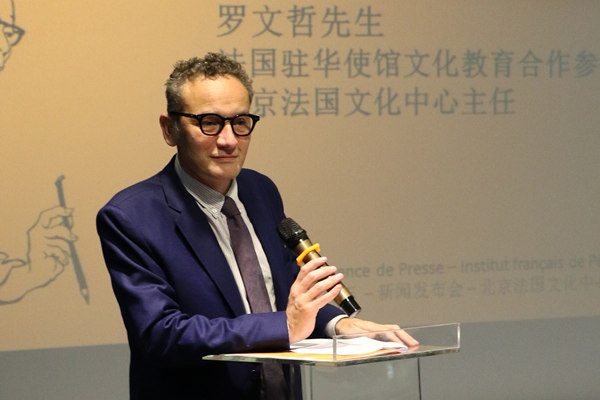
The prize takes its name from Fu Lei, a famed translator who had introduced Chinese readers to French literary masters like Honore de Balzac and Voltaire.
To mark its 10th anniversary, the Fu Lei Prize joins forces with the Goncourt Prize (le Prix Goncourt), the most prestigious literary award in France, to select one translated book as the choice of Goncourt in China.
The awarding ceremony will be held in both Beijing and Wuhan, Central China's Hubei province, on Nov 24, followed by autograph sessions and literature seminars
Ten finalists of the Fu Lei Prize:
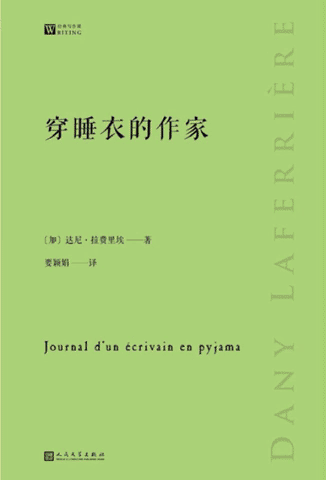
Literature:
1. Le grand Coeur by Jean-Christophe Rufin, translated by Long Yun.
2. Révolutions by J.M.G. Le Clézio, tranlated by Zhang Lu.
3. Chanson douce by Leïla Slimani, translated by Yuan Xiaoyi.
4. Un beau ténébreux by Julien Gracq, translated by Li Lingyu.
5. Journal d’un écrivain en pyjama by Dany Laferrière, translated by Yao Yingjua.
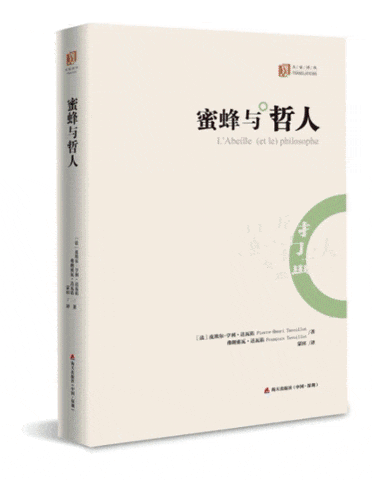
Social science:
1. Dimanche de Bouvines by Georges Duby, translated by Liang Shuang and Tian Meng.
2. Les aveux du roman, Le dix-neuvième siècle entre Ancien Régime et Révolution by Mona Ozouf, translated by Zhou Lihong and Jiao Jingshu.
3. La puissance de la joie by Frédéric Lenoir, translated by Li Xuemei.
4. La tragédie grecque by Jacqueline de Romilly, translated by Gao Jianhong.
5. L’Abeille (et le) philosophe by Pierre-Henri Tavoillot et François Tavoillot, translated by Meng Tian.
























